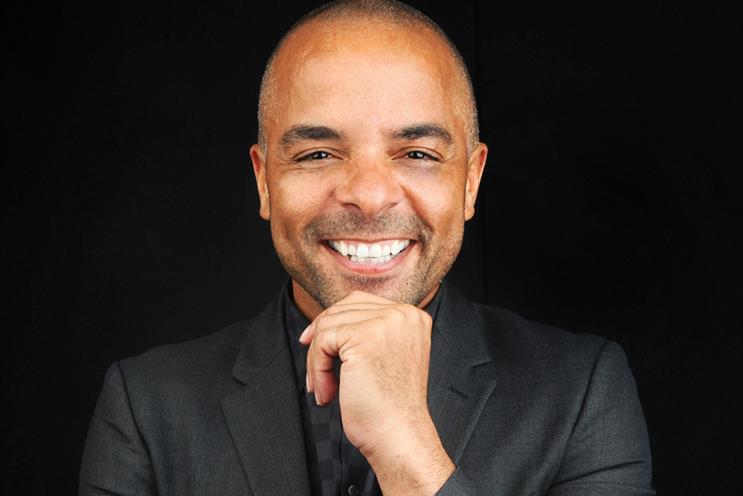I have always admired brands that understand how to cleverly use marketing as entertainment, and vice versa – the operative word here being "cleverly". Unfortunately, given the omnipresence of both industries, we all know how rare the experience of being truly "clever" can be. No insight into this subject could be considered credible without acknowledging Procter & Gamble. It’s incredible to think of today, but for decades P&G was at the forefront of integrating marketing and entertainment. Its famed US soap opera, Guiding Light, ended in 2009 – after a whopping 72 years (15 on radio before its 57 years on TV), one of the longest-running shows in broadcast history.
In today’s marketing ecosystem it’s hard to spot the brands making an effective, long-term commitment to developing entertainment properties that promote themselves creatively. Industry leaders such as Coca-Cola and Nike understand how to intersect the two worlds through sponsorship, celebrity endorsement, product placement and experiential marketing. And although their playbooks still carry relevance, it’s becoming increasingly predictable, especially through the lens of an authenticity-seeking, millennial-minded audience.
Taking a step forward, Red Bull Studios is an incredible incubator for the world’s up-and-coming musicians, while Red Bulletin covers extreme sports, innovation, and A-lister interviews with the same integrity as The New York Times. Furthermore, Red Bull’s empire now encompasses digital channels – its YouTube subscriber count is five times greater than that of Coca-Cola. It’s a "chicken and egg" situation – you’d be forgiven for thinking Red Bull Media House came before the energy drink.
Marketing should seek to satisfy the unique wants and needs of its customers, and Airbnb has successfully responded to the individual dreams of its users by fulfilling our core mission of providing experience as entertainment.
Our "Night at…" campaign invited users to participate in a sweepstake to win a once-in-a-lifetime opportunity. Art enthusiasts had a chance to stay in a 3D recreation of a Van Gogh painting. Sports fans could stay overnight in the United Center, home of the Chicago Bulls. Science buffs had the chance to sleep in an underwater bedroom at a shark aquarium.
In November 2016, we hosted our third Airbnb Open, a conglomeration of conference and festival – think TED mixed with Sundance and Burning Man. Airbnb hosts and guests from around the world came to Los Angeles to attend keynotes about news and services that the company planned to present.
We also hosted numerous events across the city’s famous theatres and bars, where attendees could meet each other, test the latest technologies and listen to celebrity endorser Ashton Kutcher speak.
In doing this, we provided an alternative arena for traditional marketing tactics often employed by the likes of Coca-Cola and Nike, such as celebrity endorsements and product testing. In a similar vein, Red Bull’s Air Race and Soap Box Race have also invited hundreds of individuals from around the world to come together in one place. For us, it served one purpose: entertainment.
So, as we draw closer to the tipping point of saturation, as brand directors, marketing managers and advertising specialists we should seek to provide creative outlets for our target audiences to explore, educate and entertain themselves, on their own terms.
Mildenhall on three trends driving the future of brand entertainment
- More brands will launch in-house creative operations to work directly with content creators. Their goal will be to produce premium content, which audiences will proactively seek out and pay for.
- Brand partnerships will continue to mushroom across the market, similar to Airbnb’s "Night at…" series partnership with the Art Institute of Chicago. A disruption of conventional entertainment consumption will bring forth truly unique experiences.
- The rise of the new creative class will lead to a mass migration from traditional agencies and content-production studios to brands. This process aims to bring these creatives closer to the heart of the decision-making process.


